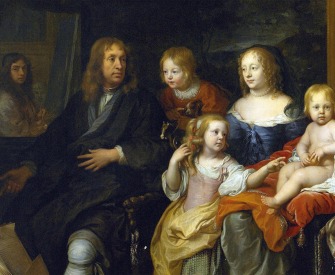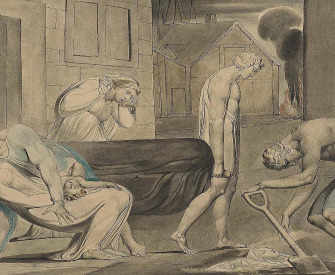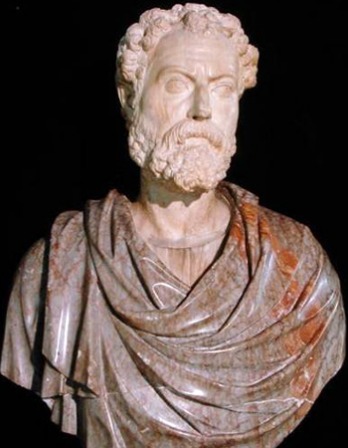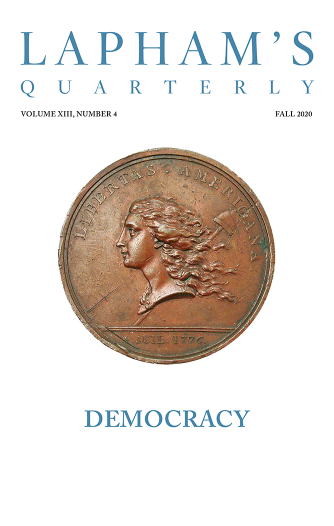“A protector of his people, pledged to uphold
truth and justice and to respect tradition,
is entitled to affirm that this man
was born to distinction. Beowulf, my friend,
your fame has gone far and wide,
you are known everywhere. In all things you are even-tempered,
prudent, and resolute. So I stand firm by the promise of friendship
we exchanged before. Forever you will be
your people’s mainstay and your own warriors’
helping hand.
Heremod was different,
the way he behaved to Ecgwala’s sons.
His rise in the world brought little joy
to the Danish people, only death and destruction.
He vented his rage on men he caroused with,
killed his own comrades, a pariah king
who cut himself off from his own kind,
even though almighty God had made him
eminent and powerful and marked him from the start
for a happy life. But a change happened,
he grew bloodthirsty, gave no more rings
to honor the Danes. He suffered in the end
for having plagued his people for so long:
his life lost happiness.
So learn from this
and understand true values. I who tell you
have wintered into wisdom.
It is a great wonder
how almighty God in His magnificence
favors our race with rank and scope
and the gift of wisdom; His sway is wide.
Sometimes He allows the mind of a man
of distinguished birth to follow its bent,
grants him fulfillment and felicity on earth
and forts to command in his own country.
He permits him to lord it in many lands
until the man in his unthinkingness
forgets that it will ever end for him.
He indulges his desires; illness and old age
mean nothing to him; his mind is untroubled
by envy or malice or the thought of enemies
with their hate-honed swords. The whole world
conforms to his will, he is kept from the worst
until an element of overweening
enters him and takes hold
while the soul’s guard, its sentry, drowses,
grown too distracted. A killer stalks him,
an archer who draws a deadly bow.
And then the man is hit in the heart,
the arrow flies beneath his defenses,
the devious promptings of the demon start.
His old possessions seem paltry to him now.
He covets and resents; dishonors custom
and bestows no gold; and because of good things
that the heavenly powers gave him in the past,
he ignores the shape of things to come.
Then finally the end arrives
when the body he was lent collapses and falls
prey to its death; ancestral possessions
and the goods he hoarded are inherited by another
who lets them go with a liberal hand.
O flower of warriors, beware of that trap.
Choose, dear Beowulf, the better part,
eternal rewards. Do not give way to pride.”
© 2000 by Seamus Heaney. Used with permission of W. W. Norton & Company.
From Beowulf. Perhaps composed as early as 650 and only preserved in one manuscript dating from around 1000, the Old English epic poem was first mentioned in print in 1705 but remained unpublished until 1815, when it was set alongside a Latin translation. Responding to a trend to date the poem and square it with the archaeological record, J. R. R. Tolkien lamented in a lecture to the British Academy in 1936, “Beowulf has been used as a quarry of fact and fancy far more assiduously than it has been studied as a work of art.”
Back to Issue




